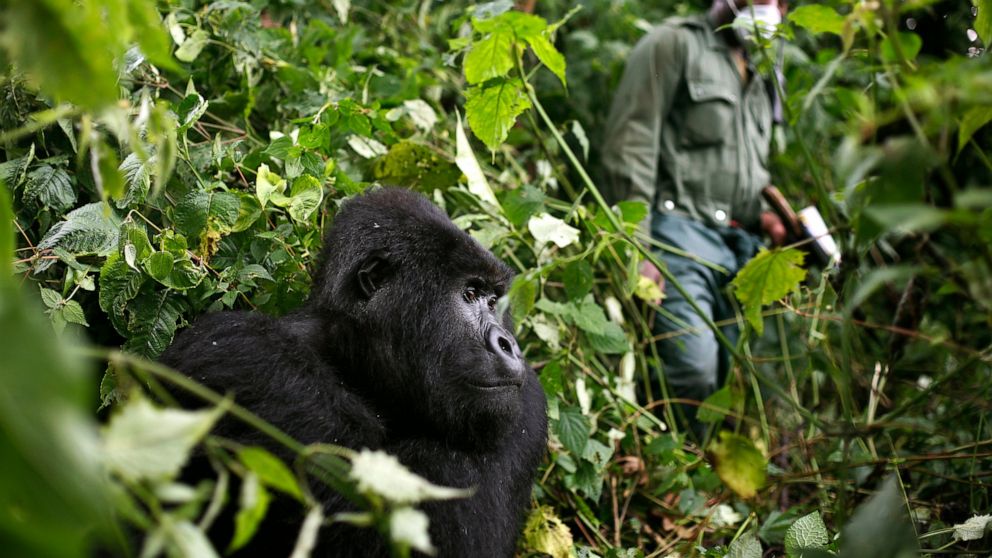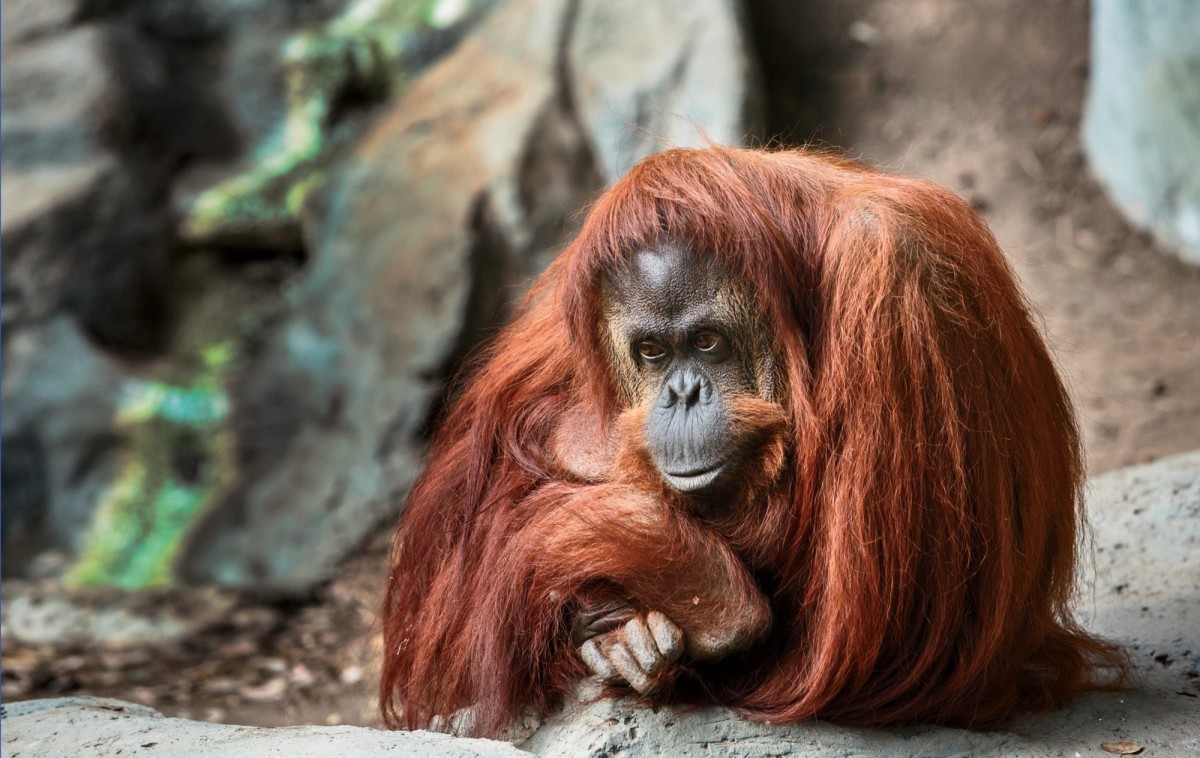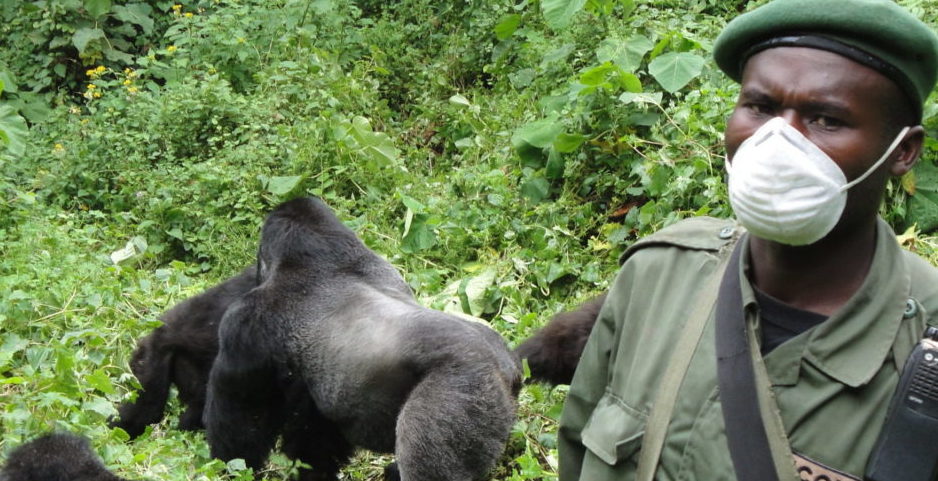Shantanu Vinchurkar
Our society has begun to use more renewable resources after learning the negative impacts of nonrenewable resources. Due to the use of renewable resources society is taking the right step to keep the Earth clean, but we still heavily rely on fossil fuels. If we use more of these renewable resources then we wouldn't have to rely on fossil fuels and save them for other uses. Wind and solar power are a few of the most common renewable resources that the world uses. Both of these resources obtainable anywhere of the Earth, so they make a fair comparison.
Solar Energy is obtained by photovoltaic solar panels absorbing sunlight and turning it into power. Solar energy is great for places with a lot of sunlight, but it can be used in all places. Solar energy is great in areas like India because they have a huge footprint. Additionally, in India, it gets very hot, and the sun is out a lot, which makes them perfect for solar energy. I have taken many trips to India, and every time I go there is a cloud of smoke visible everywhere in the city. Solar power has been implemented in some areas of India, and it is slowly moving to more parts of the country. It is also great for Suburban areas. By installing solar panels to your home, the price of the property goes up and attracts more eco-friendly people to move in.
Wind Energy, on the other hand, uses wind harnessing devices(wind turbines) to make energy. It is a little different from solar energy because it requires one turbine to reach many users. Wind energy is great for places in the midwest part of the U.S due to their weather during the year. Also, wind energy is great near bodies of water because those areas are fairly windy in general. Wind energy does not require much wind to make much energy. Unlike solar energy, a small wind can power a family's home with 100 kilowatts of energy.
Many homeowners in the United States have traditionally tended to use solar-energy roof arrays to power their homes while growing numbers of commercial companies shift toward wind power. For your house, the one advantage of wind over solar is that wind turbines can produce power 24 hours a day because they are not dependent on sunlight. Since these systems use less electricity, emit less carbon dioxide, and produce more total energy, wind power is considered more powerful than solar. A single wind turbine will produce the same amount of kilowatt-hours of electricity as a thousand solar panels. Wind and solar energy have there ups and downs, but they are great energy sources.
Sources:
https://www.solarreviews.com/blog/is-solar-or-wind-a-better-way-to-power-your-home
https://www.awea.org/wind-101/basics-of-wind-energy
https://www.energysage.com/solar/
Questions:
Which energy source do you think is better?
How long until the Earth becomes fully reliant on renewable resources?
Is there another renewable resource that can beat wind and solar power?



